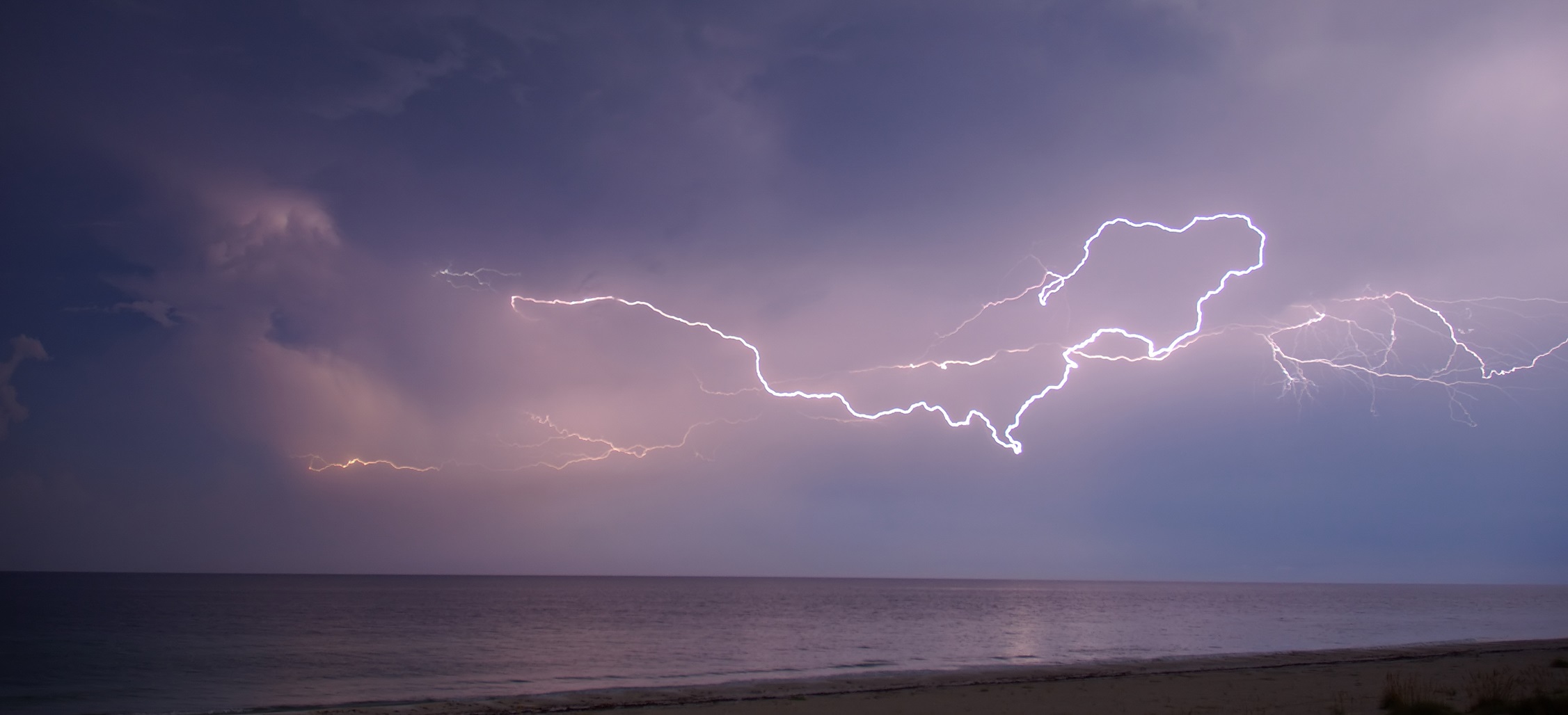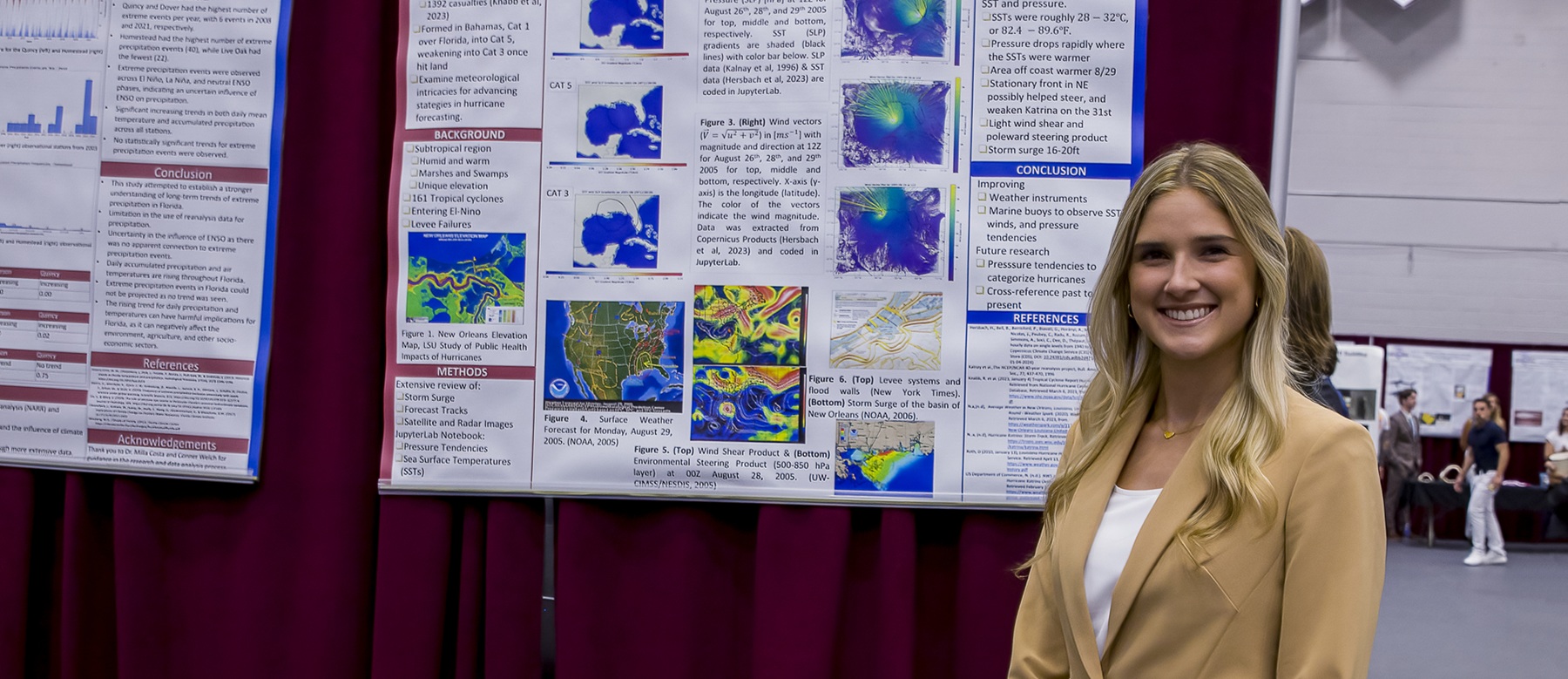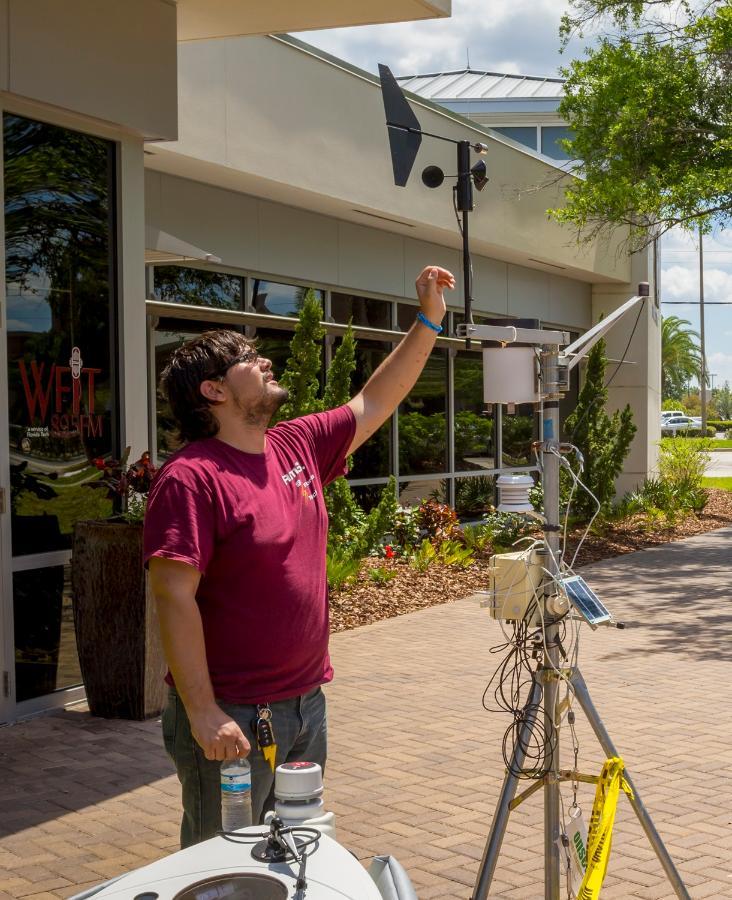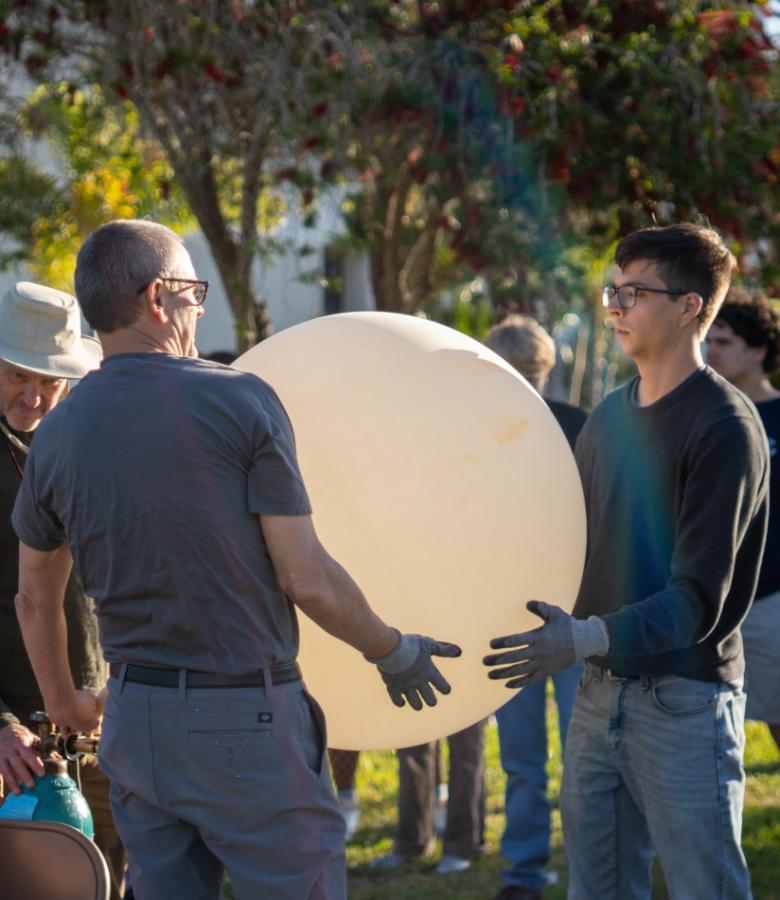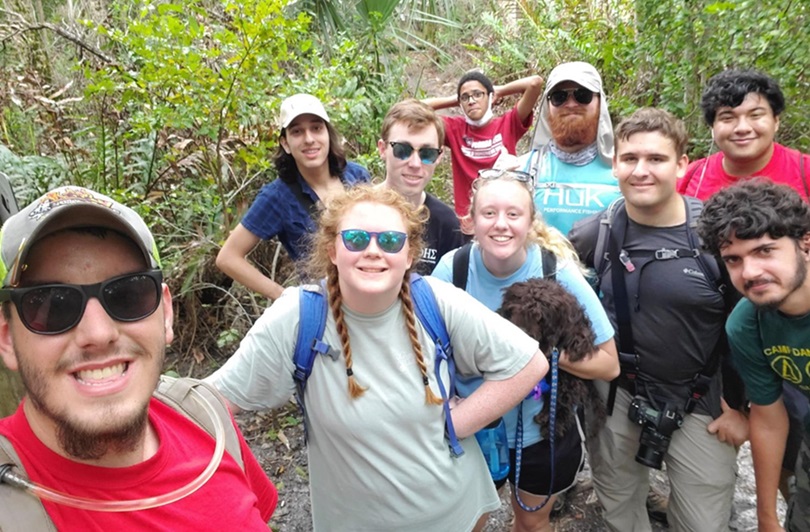Student Clubs and Organizations
With over 200 student clubs and organizations to choose from, there truly is something for everyone!
Clubs that may be of special interest to meteorology students include:
SOARS - Sustainability Outdoors Adventure Recreation Survival focuses on outdoor adventures including camping, hiking, snorkeling, fishing, backpacking, sustainability, conservation, and wilderness survival. Members seek to enhance their knowledge and to help each other grow as people while enjoying their love of the outdoors.
SOSA - Student Organization for Sustainability Action is dedicated to the implementation of sustainable practices for the Florida Tech community. The organization strives to identify and apply sustainability advances across the Florida Tech community.


 Give to Florida Tech
Give to Florida Tech 